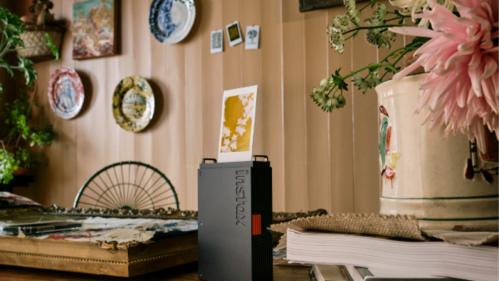 In preschool settings, children are the priority. With clear, open communication parents and practitioners can become partners in supporting children’s learning, development and well-being. Each adult has a responsibility for the children’s welfare,therefore it is important to build a solid school community, whereby relevant information, ideas and support networks are shared.
In preschool settings, children are the priority. With clear, open communication parents and practitioners can become partners in supporting children’s learning, development and well-being. Each adult has a responsibility for the children’s welfare,therefore it is important to build a solid school community, whereby relevant information, ideas and support networks are shared.
Preschool practitioners know that parents are the most important people in young children’s lives. Before preschool, a child's main education comes from the home, learning and developing in accordance with their families’ cultures, beliefs, traditions, routines, behaviours and experiences. You, the parents know more about your children than anyone else; their interests, needs, abilities, personalities and backgrounds. Preschool practitioners find this kind of information invaluable. It helps them to build an initial profile on your child and develop a curriculum to suit their individual needs.
Good communication between parents and practitioners is important for many reasons:
- Children will feel secure and confident in their new environment and learn to trust the new adults in their lives. You will also feel better leaving your children with people you trust.
- Children’s progress is enhanced when parents and practitioners are working from the same hymn sheet.
- Changes and events affecting the child such as a new home, a death in the family, achievements etc. can be dealt with sensitively, giving the child appropriate care, support and recognition.
So here are some suggestions for keeping the lines of communication open:
- Most schools hold an introductory evening to discuss the school setting, staff, policies, yearly curriculums and routines. You will have the opportunity to ask questions or express concerns. It’s also a great way to meet and build relationships with other parents.
- Drop off and collection times are ideal for quick chats or to arrange a more in-depth meeting about your child.
- Newsletters/information sheets could be sent home outlining weekly work and events.
- Schools are now using notice boards, texts and emails to convey important information.
- Children’s artwork and photos will be displayed around the classroom and possibly kept to build an end of year portfolio. Take the time to admire them.
- Most settings will have an open door policy and parents are welcome to spend time in the classroom. Don’t be shy. Share your skills and ideas with the class - your kids will love it!
- Volunteer to help out at events such as trips, concerts, sports days etc.
- Share resources and learning aids such as songs, lessons, related adult classes.
- Always ask for help if you need it.
And lastly, have fun sharing in your child’s enthusiasm about all the new experiences and information s/he is accumulating. As kids and grown-ups know, sharing is caring!








